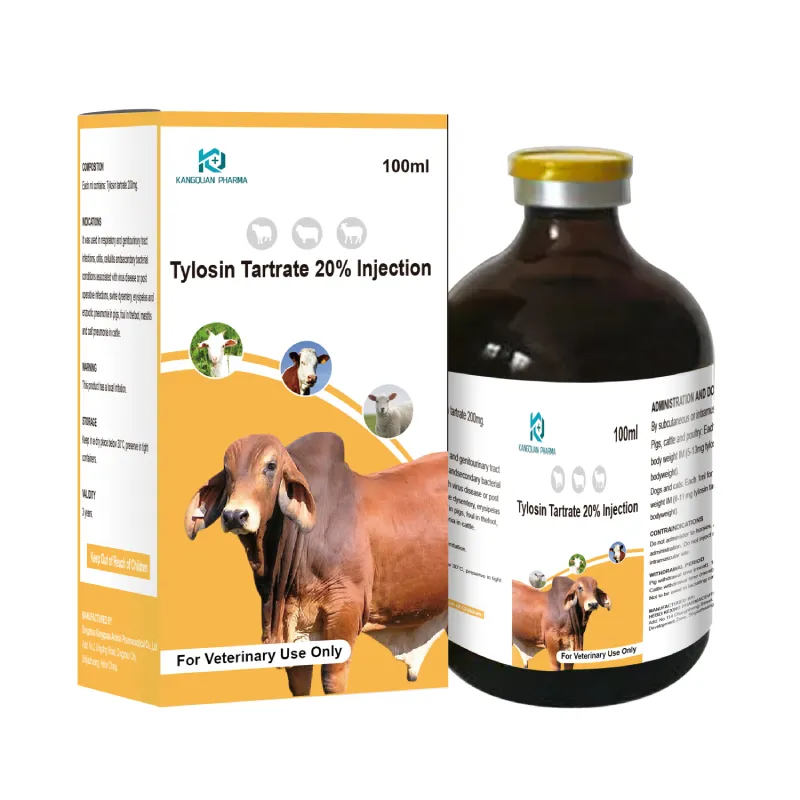- Afrikaans
- Albanian
- Amharic
- Arabic
- Armenian
- Azerbaijani
- Basque
- Belarusian
- Bengali
- Bosnian
- Bulgarian
- Catalan
- Cebuano
- Corsican
- Croatian
- Czech
- Danish
- Dutch
- English
- Esperanto
- Estonian
- Finnish
- French
- Frisian
- Galician
- Georgian
- German
- Greek
- Gujarati
- Haitian Creole
- hausa
- hawaiian
- Hebrew
- Hindi
- Miao
- Hungarian
- Icelandic
- igbo
- Indonesian
- irish
- Italian
- Japanese
- Javanese
- Kannada
- kazakh
- Khmer
- Rwandese
- Korean
- Kurdish
- Kyrgyz
- Lao
- Latin
- Latvian
- Lithuanian
- Luxembourgish
- Macedonian
- Malgashi
- Malay
- Malayalam
- Maltese
- Maori
- Marathi
- Mongolian
- Myanmar
- Nepali
- Norwegian
- Norwegian
- Occitan
- Pashto
- Persian
- Polish
- Portuguese
- Punjabi
- Romanian
- Russian
- Samoan
- Scottish Gaelic
- Serbian
- Sesotho
- Shona
- Sindhi
- Sinhala
- Slovak
- Slovenian
- Somali
- Spanish
- Sundanese
- Swahili
- Swedish
- Tagalog
- Tajik
- Tamil
- Tatar
- Telugu
- Thai
- Turkish
- Turkmen
- Ukrainian
- Urdu
- Uighur
- Uzbek
- Vietnamese
- Welsh
- Bantu
- Yiddish
- Yoruba
- Zulu
7 月 . 24, 2024 00:54 Back to list
Dexamethasone Sodium Phosphate Injection Solution 4 mg/ml for Clinical Use and Applications
Dexamethasone Sodium Phosphate Injection An Overview
Dexamethasone sodium phosphate is a powerful corticosteroid medication commonly used in the treatment of a variety of conditions, including inflammation, allergic reactions, and certain types of cancer. Presented in an injectable form, specifically as a 4 mg/ml solution, it provides a rapid onset of action that is essential in acute medical situations. This article explores the uses, mechanisms, side effects, and considerations associated with dexamethasone sodium phosphate.
Uses of Dexamethasone Sodium Phosphate
Dexamethasone sodium phosphate is utilized across various medical fields. Its anti-inflammatory properties make it a primary choice for treating conditions like arthritis, severe allergic reactions, and autoimmune disorders. In oncology, this medication is employed to manage symptoms associated with cancer and its treatments, including nausea and pain.
One of the significant benefits of dexamethasone is its versatility in treating respiratory diseases, especially scenarios such as acute exacerbations of asthma and chronic obstructive pulmonary disease (COPD). In addition, its ability to reduce cerebral edema makes it a critical agent in neuro-oncology, where it alleviates pressure caused by tumors in the brain.
Mechanism of Action
Dexamethasone functions by mimicking the effects of cortisol, a natural hormone produced by the adrenal glands. It binds to glucocorticoid receptors in various tissues, leading to multiple physiological effects. These include modulating the immune response, suppressing inflammation, and influencing metabolism. By inhibiting the production of inflammatory mediators and promoting the resolution of inflammation, dexamethasone effectively reduces symptoms related to various diseases.
dexamethasone sodium phosphate 4 mg/ml injection solution

Moreover, dexamethasone has potent effects on glucose metabolism and can increase blood sugar levels, which is an important consideration for patients with diabetes or those at high risk for developing insulin resistance.
Side Effects and Considerations
Although dexamethasone is effective, it is not without potential side effects. Short-term use may lead to insomnia, mood swings, increased appetite, and elevated blood sugar levels. Long-term use can result in more serious complications such as adrenal suppression, osteoporosis, and increased susceptibility to infections. Therefore, the duration of treatment and dosage needs careful monitoring by healthcare professionals.
It is crucial for clinicians to assess the individual patient's health status and potential drug interactions. Patients with certain pre-existing conditions — such as heart disease, infections, or gastrointestinal issues — may require special consideration before receiving dexamethasone treatment.
Conclusion
Dexamethasone sodium phosphate injection is a vital therapeutic agent in modern medicine, given its efficacy in treating a wide range of medical conditions characterized by inflammation and overactive immune responses. The 4 mg/ml formulation allows for precise dosing and immediate therapeutic effects, making it suitable for acute care settings. As with any medication, understanding its benefits and risks is essential for maximizing therapeutic outcomes while minimizing potential side effects. Healthcare providers must remain vigilant and informed about the most recent clinical guidelines and research findings to ensure the safe and effective use of dexamethasone sodium phosphate in patient care.
-
The Power of Radix Isatidis Extract for Your Health and Wellness
NewsOct.29,2024
-
Neomycin Sulfate Soluble Powder: A Versatile Solution for Pet Health
NewsOct.29,2024
-
Lincomycin Hydrochloride Soluble Powder – The Essential Solution
NewsOct.29,2024
-
Garamycin Gentamicin Sulfate for Effective Infection Control
NewsOct.29,2024
-
Doxycycline Hyclate Soluble Powder: Your Antibiotic Needs
NewsOct.29,2024
-
Tilmicosin Premix: The Ultimate Solution for Poultry Health
NewsOct.29,2024













